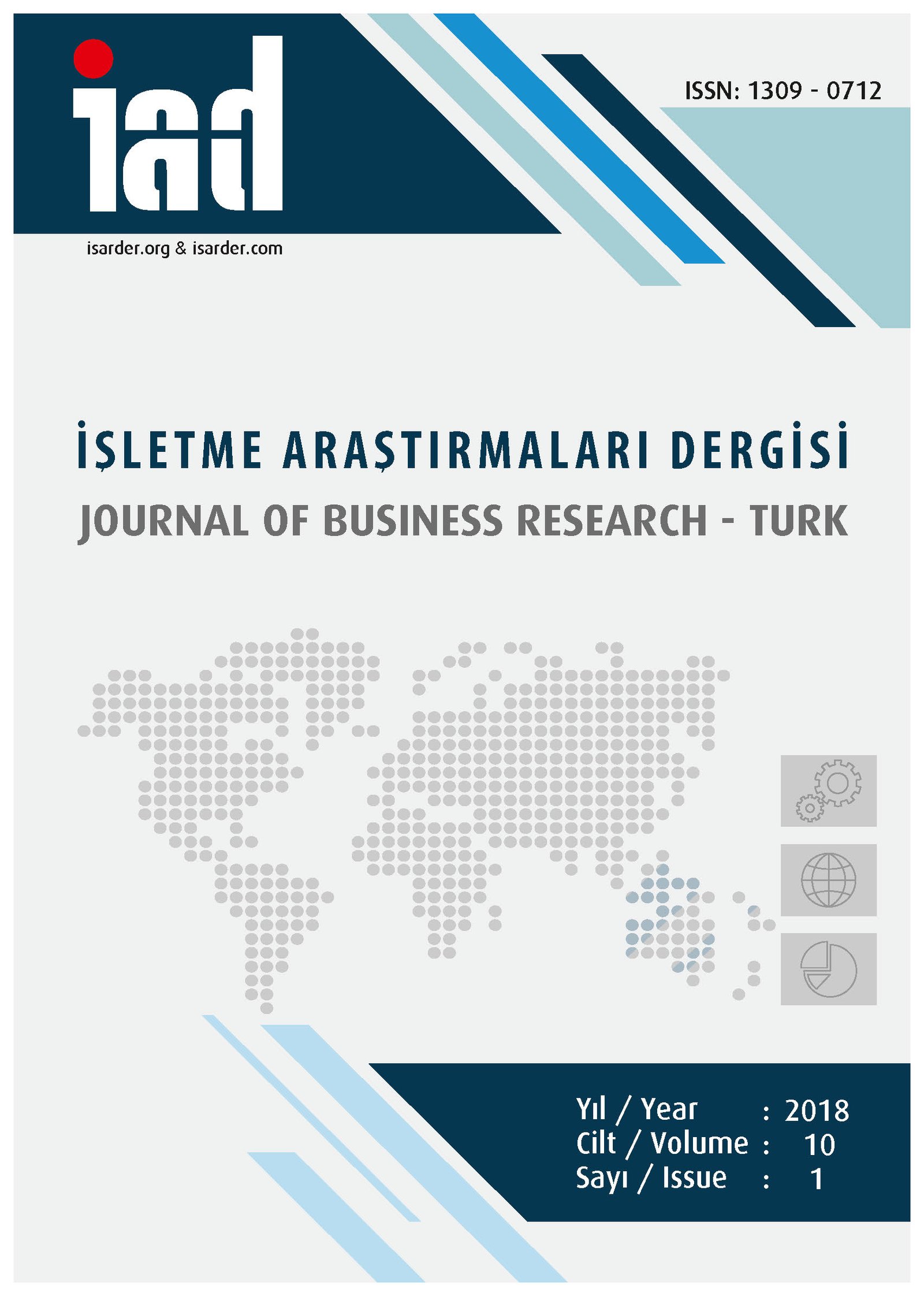Factors Affecting the Entrepreneurial Intentions of Women Entrepreneur Candidates: A Structural Equation Model
Keywords:
Entrepreneurship, Women entrepreneur candidate, Theory of planned behaviour (TPB), Structural equation modelling (SEM)Abstract
The aim of this study was to reveal factors influencing the entrepreneurial intentions of women entrepreneur candidates using the theory of planned behaviour (TPB). The authors employ the TPB, in which intentions and aspiration towards being an entrepreneur are regarded as resulting from attitudes, perceived behavioural control, and subjective norms. A questionnaire was conducted on 252 women entrepreneur candidates who attend the vocational course, OMEK, which belongs to Eskişehir (Turkey) Odunpazarı Municipality. In the research model that has been proposed within the scope of TPB, the Structural Equation Model (SEM) was used in order to reveal the relationship between the factors influencing entrepreneurial intentions and evaluating the conformity of the model. According to the results of the SEM analysis, it was determined that the latent variables, which are attitudes, subjective norms and perceived behaviour control, have a positive effect on entrepreneurial intentions. In the study, the perceived behavioral control variable was calculated to be 0.38, 0.06 and 0.44, respectively, direct, indirect and total effect on an aspiration towards being an entrepreneur. In summary, it is determined that the perceived behavior control factor is the most important predictor of entrepreneurial intention and an aspiration towards being an entrepreneur factor.
Downloads
Published
How to Cite
Issue
Section
License

This work is licensed under a Creative Commons Attribution-NoDerivatives 4.0 International License.





